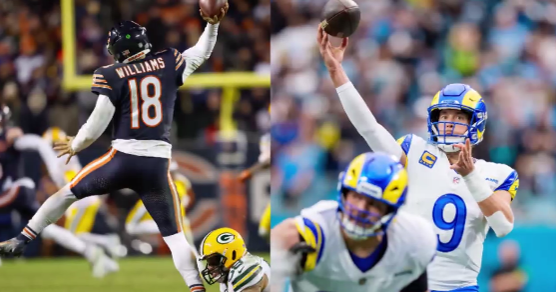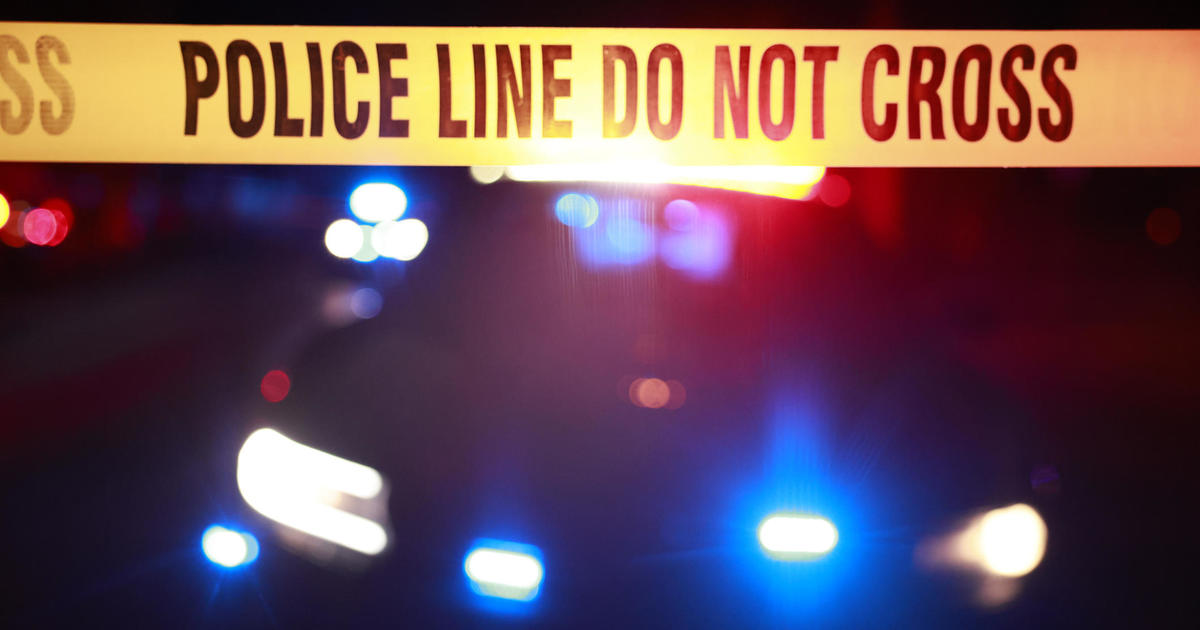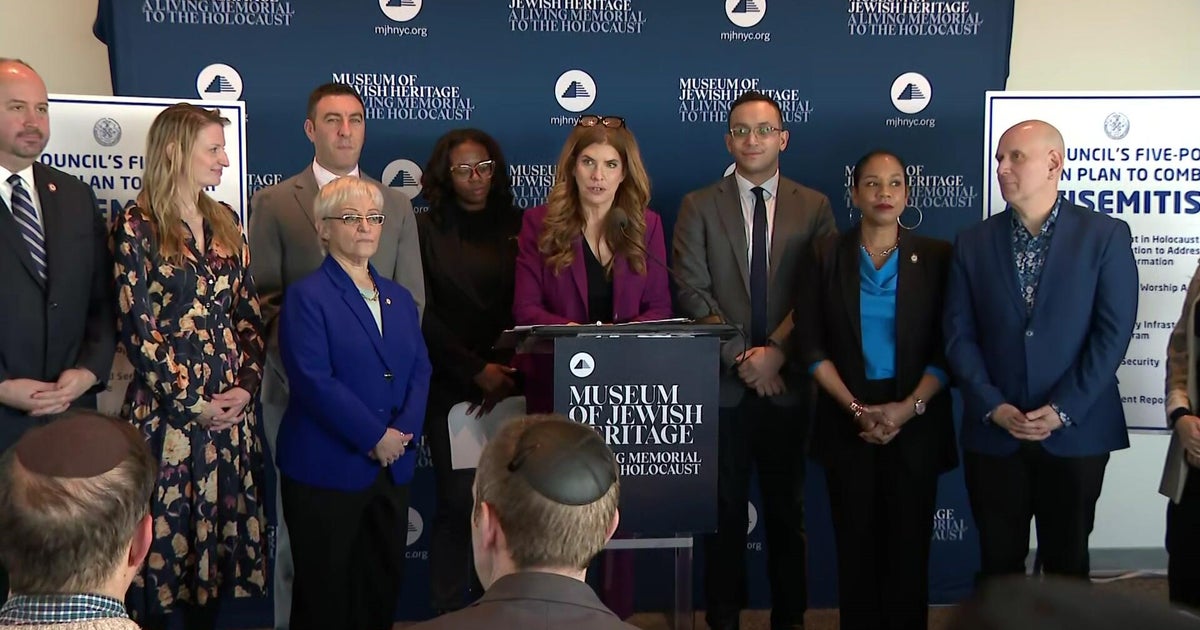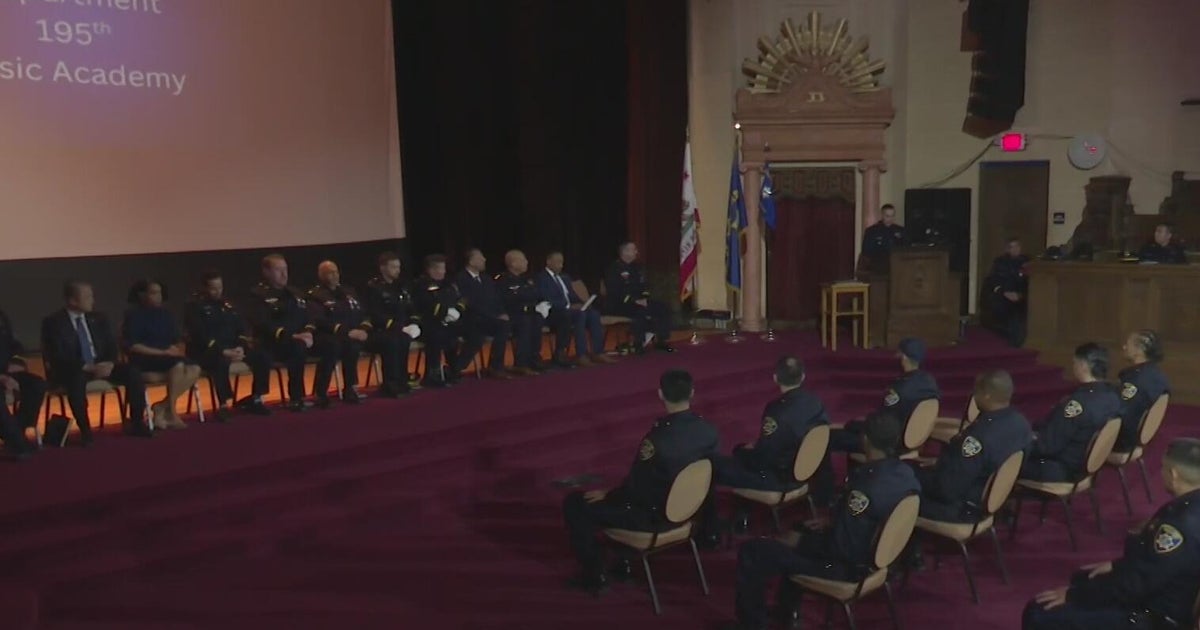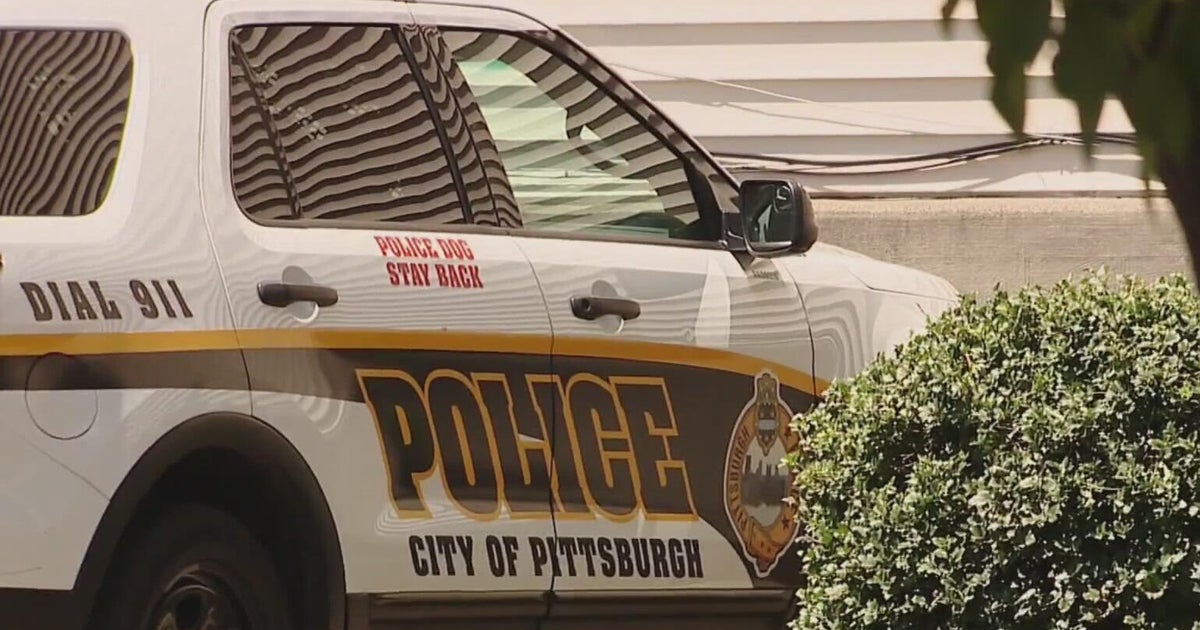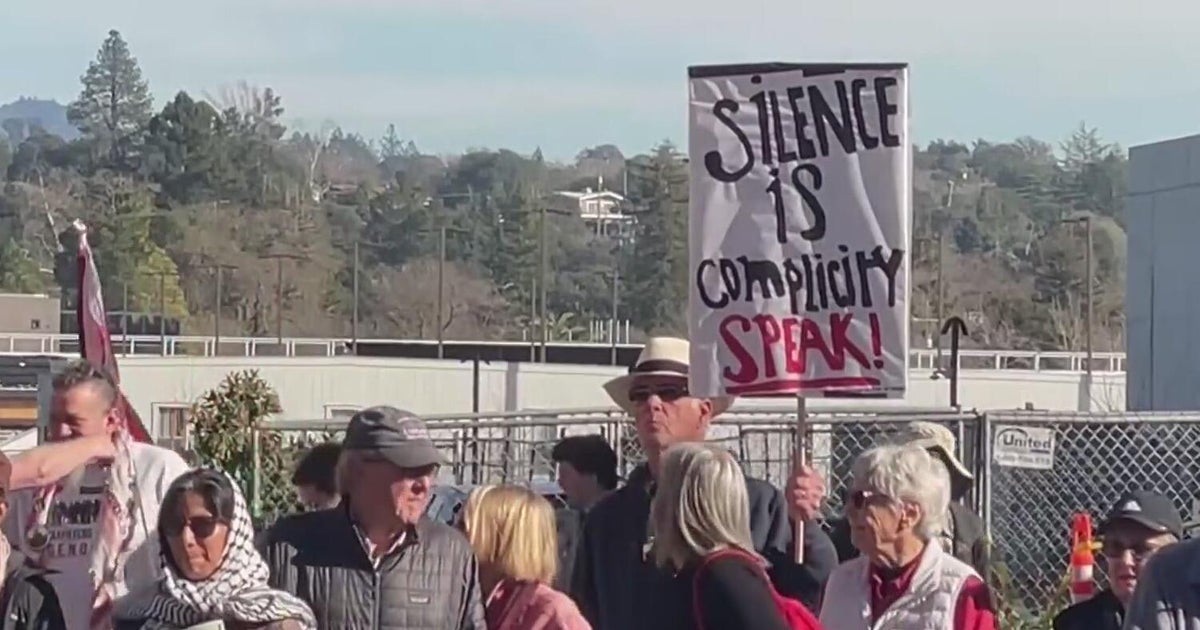Mayor Brandon Johnson's allies stall effort to keep ShotSpotter in place in Chicago
CHICAGO (CBS) -- A bid to keep controversial ShotSpotter gunshot detection technology in place in Chicago, despite Mayor Brandon Johnson's plan to end the contact this fall, hit a temporary roadblock on Wednesday.
Aldermen were set to vote Wednesday on a measure to require a full City Council vote before removing ShotSpotter sensors from any wards, but two allies of the mayor – Alds. Daniel La Spata (1st) and Rossana Rodriguez Sanchez (33rd) – moved to delay the vote.
It's unclear how soon a vote will now take place. The next City Council meeting is set for Friday afternoon, but supporters of the plan to keep ShotSpotter won't be able to provide the required 48 hours' notice in order to vote at that meeting. They could potentially schedule a special City Council meeting at a later date to take up the proposal, or wait until the next regular council meeting after Friday.
During the 2023 campaign for mayor, Johnson vowed to end the use of ShotSpotter in Chicago, saying there was clear evidence the system is unreliable.
In 2021, a report from the Chicago Inspector General's office found ShotSpotter alerts rarely lead to evidence of a gun crime. The inspector general's findings are consistent with a recent study by the MacArthur Justice Center at Northwestern University, which also found nine out of 10 times, noises detected by ShotSpotter sensors did not lead to any evidence of an actual crime.
The Cook County State's Attorney's office also has said the system has "minimal return on investment" when it comes to holding shooters accountable. An internal report from the state's attorney's office showed only 1% of shooting incidents in Chicago end in a ShotSpotter arrest, while 92% of shooting incidents are unrelated to ShotSpotter.
Ald. Carlos Ramirez-Rosa (35th), who supports the mayor's effort to drop ShotSpotter, said he supports using technology to improve public safety, but he said decisions on investing in technology should be driven by proven data.
"We have so much research now that shows ShotSpotter does not work. It's very flawed technology, and that's why over a dozen-plus major cities have rejected this technology. They've said it's not a good use of our limited public safety dollars," said Ramirez-Rosa.
Ald. David Moore (17th) has led the effort to require a full City Council vote before ShotSpotter could be removed from any ward, and has criticized the mayor for deciding unilaterally to end the city's ShotSpotter contract in November, arguing Johnson should have collaborated with the City Council. Moore and other aldermen also noted that Johnson decided to get rid of ShotSpotter even though Chicago Police Supt. Larry Snelling has been a vocal supporter of the technology.
If the full City Council approves the measure, it would leave open questions of whether Johnson would be forced to negotiate a new contract with SoundThinking, the company behind ShotSpotter technology, and how it would be deployed on a ward-by-ward basis.
Moore's proposal does not specify how continued use of ShotSpotter beyond the current contract would be funded, or how it would be overseen. ShotSpotter gunshot sensors currently are deployed at the district level at the Chicago Police Department, with each district covering parts of multiple wards.
Johnson said there is no legal basis for managing ShotSpotter on a ward-by-ward basis. His office has previously said "public safety is a citywide issue within the responsibility of the police department, with oversight by the Office of the Mayor, and cannot be effectively managed on a ward-by-ward basis in a way that undercuts that authority."
"There's no process by which you could govern by à la carte. It just doesn't exist," Johnson said. "I do appreciate the spirit of it, but it does not have the legal standing to do that type of ward-by-ward contracting. It just doesn't exist," Johnson said after Wednesday's vote was delayed.
Johnson said he's open to finding other gunshot detection systems to replace ShotSpotter if they would be more reliable.
Supporters of ShotSpotter have said it saves lives by alerting police to gunfire, as many shootings don't result in 911 calls.
On Saturday, police were alerted to a mass shooting in the Back of the Yards neighborhood thanks to ShotSpotter. Nine-year-old Ariana Molina was killed and 10 other people were wounded.
Ald. Stephanie Coleman (16th), whose ward includes the site of that mass shooting, said supporters of ShotSpotter are willing to do whatever it takes to keep the technology in place, arguing it saves lives by getting police and paramedics to shooting scenes when no one calls 911 about gunfire.
"I understand the mayor's position. However, we are unsure and unclear of what the alternative is to replace ShotSpotter, and right now my community is not in the position to be a guinea pig," Coleman said. "Now, could technology improve? Absolutely. Can our officers use ShotSpotter to its best ability to take advantage of what technology has done since 2015? Absolutely, but right, now ShotSpotter has been a blessing and a saver in the 16th Ward."
Ald. Raymond Lopez (15th), one of the mayor's most outspoken critics, accused opponents of ShotSpotter of "playing games with public safety."
Lopez said, while ShotSpotter might not help prevent crime, it's an important tool to help police respond to shootings, and save lives when people don't call 911 about gunfire.
"We understand this technology, because we've seen it in our communities. We know how impactful it is," Lopez said.
Ald. Andre Vasquez (40th) said earlier this month that, while there is clear value to faster police response times when shots are fired, the city should also set specific metrics for what it wants from ShotSpotter or any other gunshot detection technology so it can accurately measure any system's success.
"We've never articulated what we want to get," Vasquez said.

